Narrator: In the mid-century, the mobsters were as
famous as the movie-stars who portrayed them. Men like Al Capone, Bugsy Siegel
and Lucky Luciano are not only gangsters, they’re legends. Hollywood turned
them into movie-stars. Televisions are bringing them right into our living
rooms. That’s the Romance, the Reality is very different. Extortion, Numbers,
Murder. Like on the street, it’s still a deadly Business. Drugs will make it a
dirty Business. This is the story of the three men who grew up in that life,
with old Codes of Honour, of Loyalties, and saw them betrayed.
Montigliano: I was into Sports. That was my whole
life, football and baseball. As a matter of fact, in high school I had a
college football scholarship offered to me.
I didn’t have, at that time, I didn’t have
Aspirations to be anybody big in the Family, because all I wanted to do was to
make a lot of Money.
My uncle, Nino [Gaggi], was probably my biggest role
model. His one dream in life was to die in the street
with a gun in his hand. If that’s not being proud of being a gangster.
[omitted] Nino’s kind of a guy that could
walk into a restaurant, and everyone will look up and go, Look at the gangster.
He
did what we used to call “wearing it,” and he wore it 24 hours a day. If you
saw him in his bathrobe, he was wearing it. He had the dark glasses on, he had
the bathrobe on, it was him, he didn’t change.
Narrator: Dominick Montiglio grew up in the 50’s in
Levittown, Long Island. His Godfather, Nino Gaggi, was an up-and-coming soldier
in the Gambino Crime family. Uncle Nino became Dom’s surrogate father. Taught
him lessons he couldn’t learn in School.
Montigliano: He made me resign as a Classpresident,
because a part of your Duties were, when the teachers were out of the room,
there’s an assembly and stuff, you had to write who the bad People were, who
was talking when the teacher was out of the room, and stuff like that. What you’re
telling me is you’re a stool-pigeon, and we can’t have a stool-pigeon in our
Family. So go back and tell the teacher tomorrow you can’t be a
Classpresident, so I just had to resign.
I felt like I was starting to learn about my Family.
Leonetti: My uncle told me to be a man of Honour and
to be a man of Respect. We have to live this life. This is our life, he told me,
you know. This is the way we live. We don’t trust the Government. We don’t live
by their Laws. We have our own set of Laws we live by.
From when I was a kid, my relationship with my uncle,
he told me the Right path to take, which I believed him, and I followed, and I
listened to him, and he got me involved with La Cosa Nostra.
Narrator: Phil Leonetti’s uncle, Little Nicky Scarfo,
the scariest man in Philadelphia, shot his way through the top of the Bruno
Crime family. He left so many bodies behind, the cops lost count. Nicky took
Phil the ropes.
Leonetti: He made sure that every Murder we did
in Atlantic City took less than one week. He wanted to have that Reputation. He always said, He loved that movie, Scarface with Paul Muni?
Paul Muni had the machine gun, he says, You’ve got to keep using it, and you’ve
got to keep killing People. You’ve got to use this, he said. You’ve got to keep
it, and you’ve got to keep killing. That was his Philosophy. You’ve got to
keep killing People. [Ashton Carter. Hillary Clinton. John Brennan.]
He asked me one time. He said, Look, if I told you to
shoot Spike, would you shoot him? I looked at him, I said. I knew Spike. I grew
up with Spike. He was a funny guy, and he was a good friend. We really liked
this Spike, you know. Yeah, I told him, if you told me to do it, I’d do it. He
said, Good. Not that there’s any problem with Spike, I just wanted to see what
you had to say. This is our life. This is how things are in La Cosa Nostra. It
could be our brother, but if he does something Wrong, he has to pay the
penalty.
Beattie: My father, he was abusive in the sense that
he didn’t sit and read. I mean, he never sat down and read a book to me. What
do you mean, you can’t read that? Crack, I was knocked over the table. What do
you mean, you can’t get your homework done? Whack. I’ve been knocked out
probably only by my father, I’ve ever been knocked out.
I’ve been in more fights than you’ve got your toes and your fingers.
Not taking away from my
father, he did work hard for a living. [Accurate. Newt Gingrich. Ted Cruz.] But
he was a criminal, he was a criminal. He did things under the table that
he shouldn’t have done. And I learned all the shortcuts, and I’d rather go a
short route than a long route. Anybody can go break a sweat. If I can do it
without breaking a sweat, that would give me much more Time to play pool,
drink, or do Drugs, or whatever I wish.
Narrator: Billy Beattie grew up in the Hell’s Kitchen
on the West Side of the New York. He fell in with the Westies, a small Irish
hoodlums who terrorised the City.
Beattie: My father is a Scotch Protestant. My mother is
an Irish Catholic. How they got together is unbeknownst to me. These People
were fighting each other over 800 years. But they did, and we were rasied
Catholics, and my father told me before I left home when I was 14, You’re old
enough to figure out what you want to do with yourself. But I was an altar boy.
I can get into reciting Catholic **, Latin, I was that good at it, I got into it. But I learned real quick to work the weddings, because if you
hustle the weddings, you’ve got the groom. They don’t want to jinx his wedding,
they tip you well. So we got into the hustling that pretty good. I worked
mostly weddings.
My mother thought I had a
calling to be a priest. She didn’t know it was a busy signal. She sent
me to one of these monasteries. I said, Ma, I can’t deal with this. Everybody’s
up there playing pocketpool. I’ve got to get out of here.
Montiglio: The Bunker was the term for the house we
lived in. There were bars on all the windows, and just the brick, I guess.
It was normal on the outside, I guess. Inside, the
house was a lot different. When you had the FBI breaking in at three o’clock in
the morning, and chasing my uncle all over the house, and not being able to go
out of the house, because there was a War going on outside. But other than
that, it was normal.
Leonetti: About eight or nine years old, what
happened was, My uncle came from Atlantic City, and he told me, I want you to
take a ride with me. I said, All right. We’re going to go to Philadelphia. I
said, Okay. So he walks me around, he had a pick-up truck hidden somewhere in
the Neighbourhood. He said, I need you to come with me, because it doesn’t look
as suspicious with me and a young boy with me. Just in case I get stopped by
Police force. It looks like nothing could be going Wrong here. As we were
driving on our way to Philadelphia, he told me what happened about this fella
who just killed. They used this pick-up truck to dump his off the hole to bury
the guy. Now, we’ve got to bring this pick-up truck back to Philadelphia so
somebody could go and chop it up so there’s no evidence. I said, All right,
that’s really Good. I’ve seen everybody working together as a Family to commit,
to kill this person who was Bad, who disrespected the Family. I thought that
was Great.
You know what I felt like, that girl Marilyn in the
Monsters. She’s normal, and she lives with the monsters, and all that. But she
doesn’t think anything’s Wrong with them. That’s how I thought. There’s nothing
Wrong with them. There’s nothing Wrong. I know what they are, but what’s Wrong?
And we go on with everyday life, until I got involved, you know. They needed
me, and I got involved. I would never let my Family down.
Beattie: We stayed mostly to our own. We trusted
nobody, and very few of our own whom we really trusted. The inner circle People
whom we really trusted, because they did the Right thing by us People. The guys that are
now called criminals or murderers were paying a lot of rents in our
Neighbourhood. [Accurate.] They were Good guys. We had a problem, we
went to them. We didn’t go to the Police department, you were a stool-pigeon.
We went to the tough guys in the Neighbourhood, they straightened it out.
Leonetti: Like we’re not
crazed killers or anything. I didn’t think we were at that time. We didn’t go
out and kill little kids or things like that. We would kill People that
disrespected our Family and disrespected the members of our Family. And I thought that was good. I thought, Yeah, that’s good.
There’s nothing Wrong in that. We’re respectable People. We help other Italian
People, if we could.
Beattie: I became a criminal, and probably by choice.
I’d like to say I was a product of what I was born into, but I really don’t
believe that. People that come out of my Neighbourhood, some of them really did
good for themselves. I could have [taken] that path. I know now, and I didn’t.
I took the easy way.
Leonetti: I always told my uncle, The only reason I’m
involved in this is because of you. And if you weren’t around, I’m not looking
to be no boss, I’m not looking to take over. He said, No, you’ve got to keep this Thing
going. If I die, you’ve got to keep this thing going with La Cosa Nostra, he
was into it. That’s him. That’s his life. [Mark Zuckerberg. Bill Gates.]
Montiglioni: I saw the gradual ascent, or descent,
however you want to look at it, of my uncle, because every time we’d go to my
uncle in Brooklyn, there’d be another new car, maybe more new clothes. We’d go
once a week. And he’d always give me a hundred at the
door when I was ready to go back out to go home. So I knew he was doing
Good. But I never paid much attention to that life at that time.
I think the first time I noticed was when I was ten,
and Family realignment, so to speak, was happening. Frank Scalise was murdered.
Joe Scalise was murdered. Albert Anastasia was murdered. All in a fairly short
period of Time.
Narrator: These Murders were the first shots fired in
a War for Control of the two of the most powerful Crime Families in New York. A
War that would change the Mob forever. Uncle Nino would be a soldier in this
battle. Dom’s Fortunes would rise and fall with his uncle’s. It begins in the Fall of 1957, the
land in 1953 the biggest Betrayl in Mob’s History.

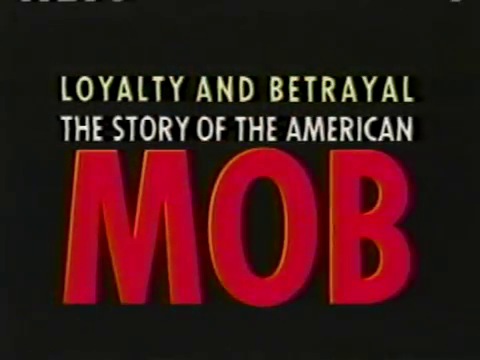










































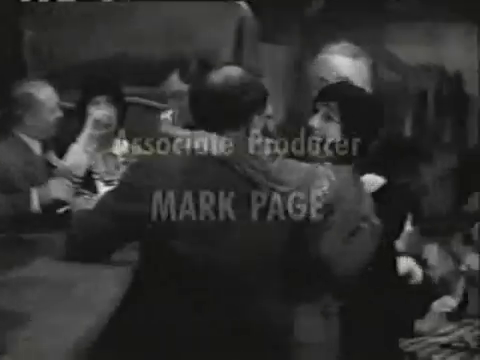
































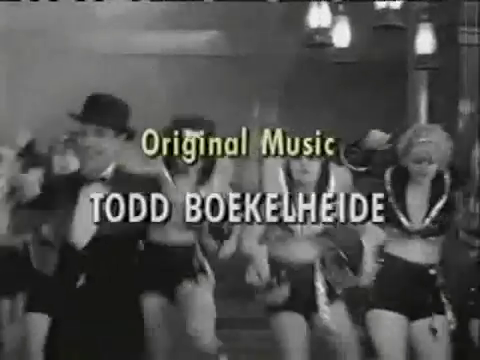
















































































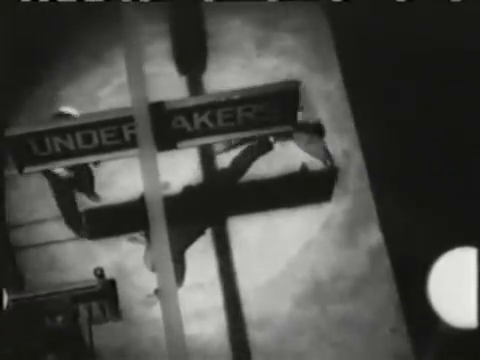













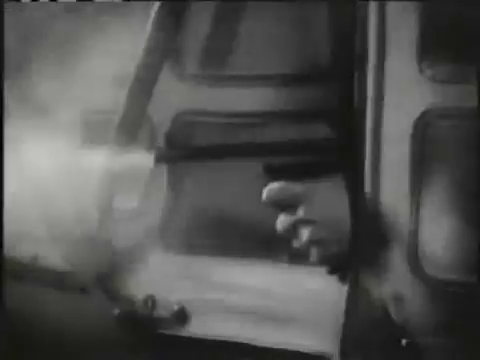












































































































































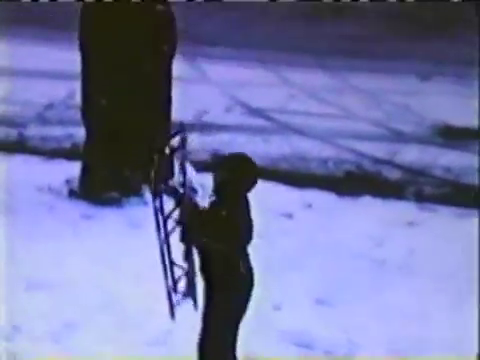






































































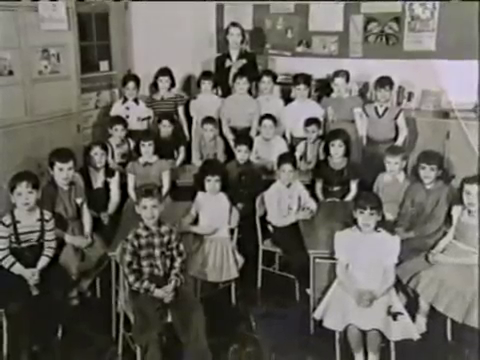





















































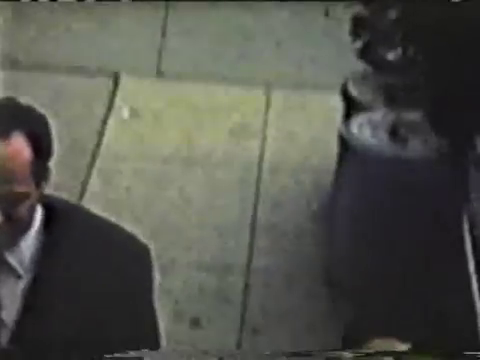


















































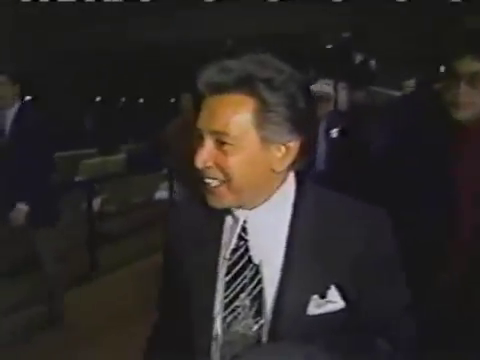
























































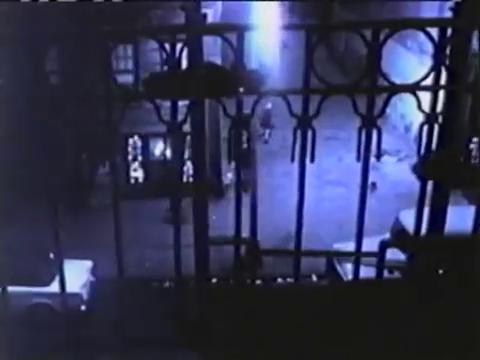






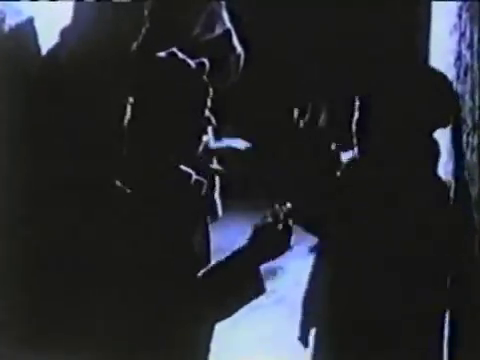




































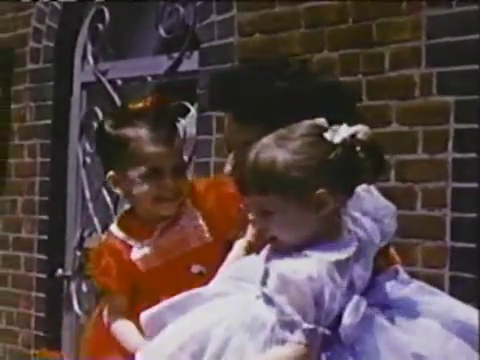










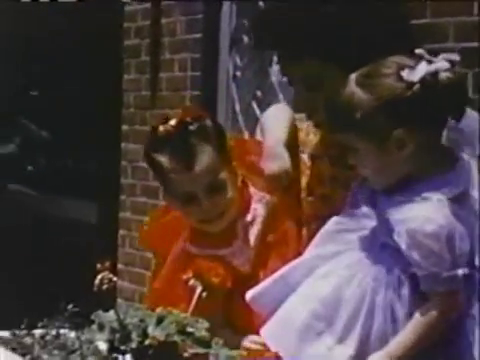










































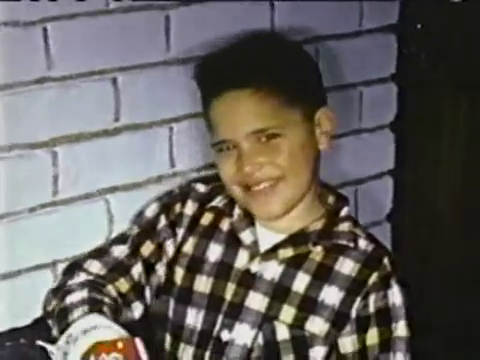




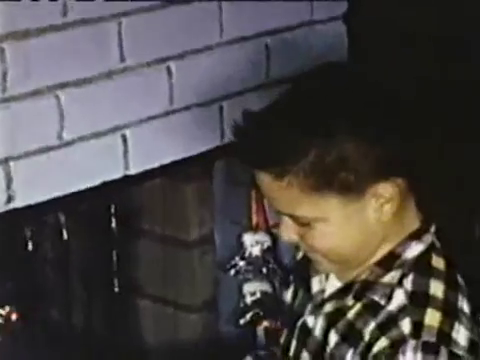


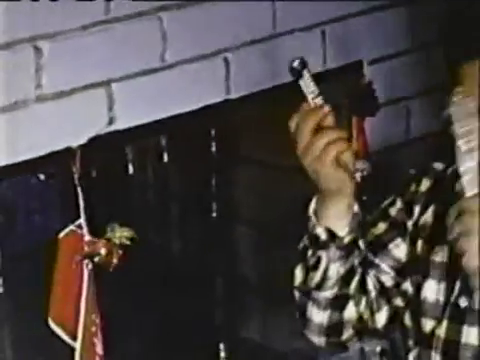




































































































No comments:
Post a Comment